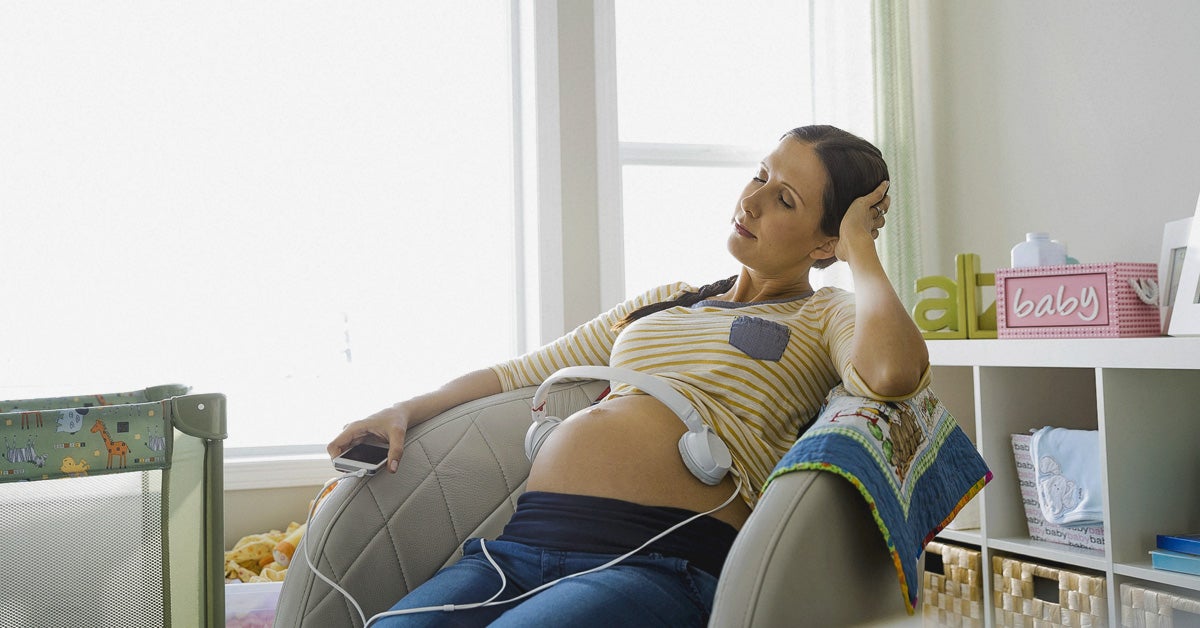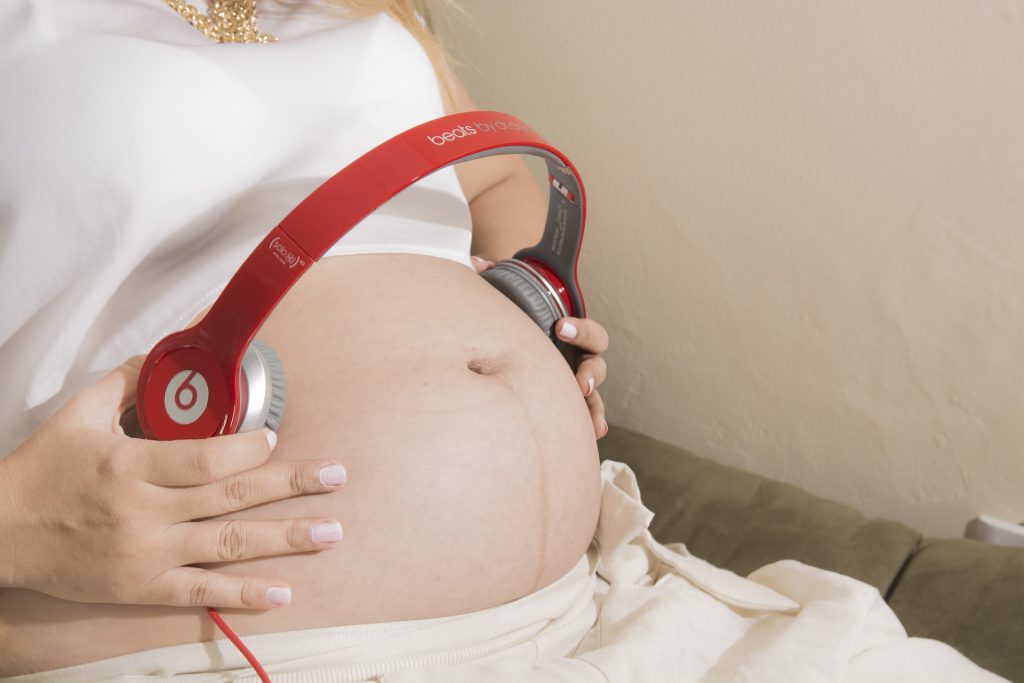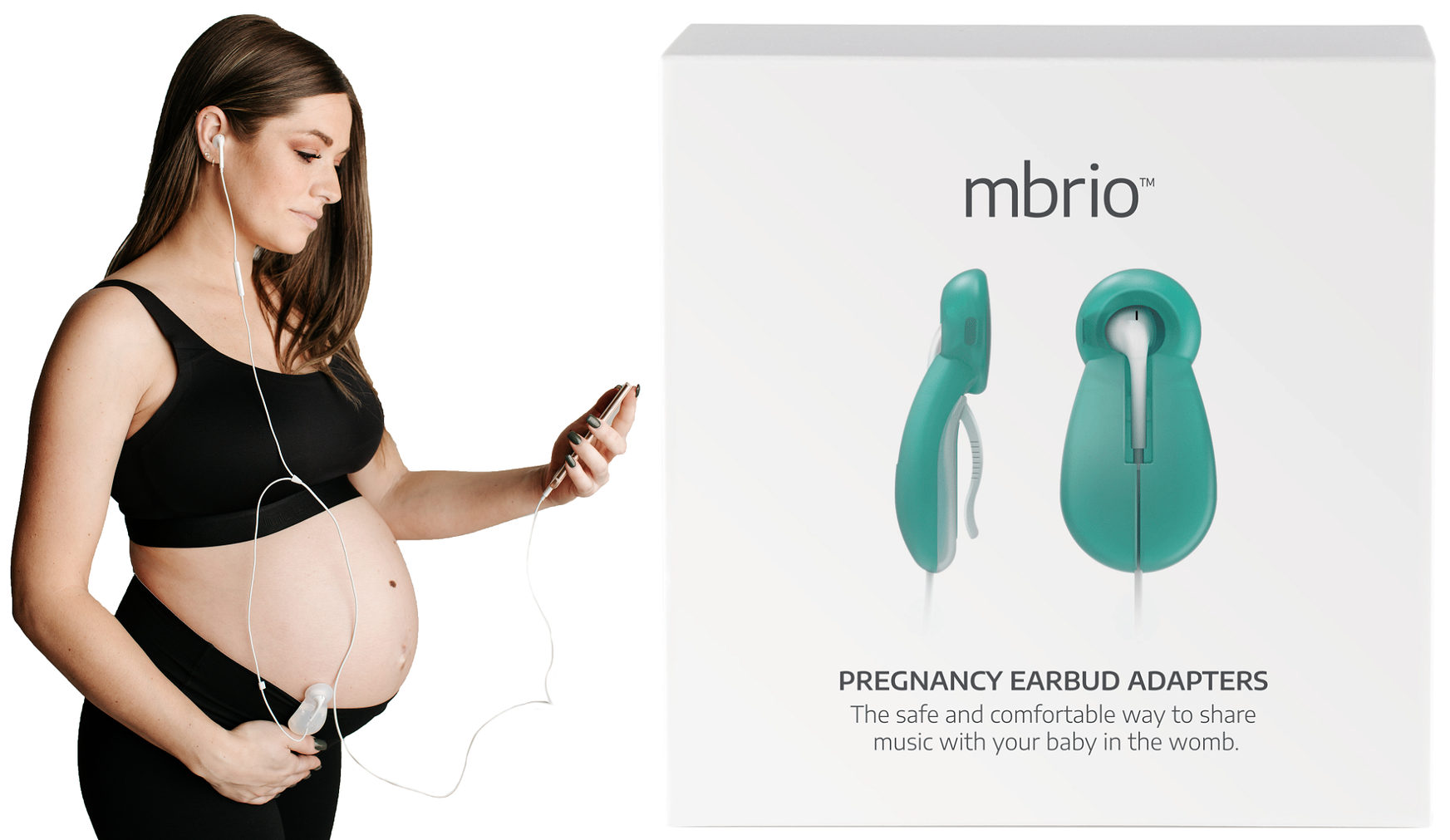
Amazon.com: Wavhello BellyBuds Baby Bump Headphones - Prenatal Belly Speakers for Women During Pregnancy, Safely Play Music, Sounds, and Voices to Your Baby in The Womb - Green : Baby
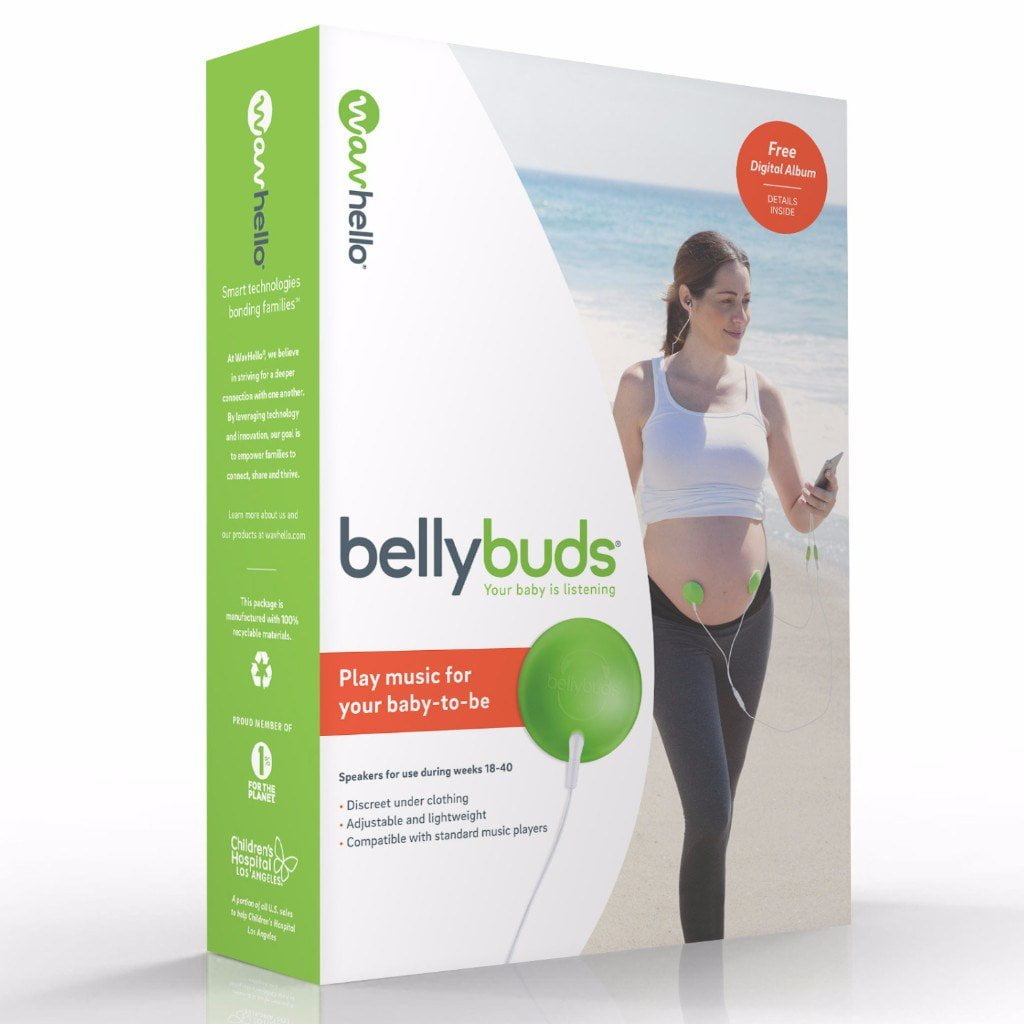
BellyBuds, Baby-Bump Headphones | Prenatal Bellyphones Pregnancy Speaker System Plays Music, Sound and Voices to the Womb, by WavHello - Walmart.com

WavHello BellyBuds, Baby-Bump Headphones, Prenatal Bellyphones Pregnancy Speaker 853582005341 | eBay

Amazon.com: Pregnancy Headphones, Baby Bump Headphones Professional Portable Music Play Prenatal Belly Speaker for Pregnant Woman to Play Music to Baby Inside The Womb : Baby

Amazon.com : Bellytunes Prenatal Pregnancy Earbuds Adapter System for iOS & Samsung Devices | Turns Ear Bud Into Baby Bump | Belly Speakers | Pregnancy Headphones (Bellytunes Lite) : Baby

A Side View Of A Pregnancy Bump Wearing Massive Headphones To Play The Baby Some Funky Tunes. Stock Photo, Picture And Royalty Free Image. Image 79273208.

Amazon.com : 8 Pcs Baby Bump Headphones Set Baby Bump Speaker Belly Earphones for Pregnancy White Pregnancy Headphones for Belly Plays Music Sound to Baby Inside The Womb Prenatal Belly Headphones : Baby

Amazon.com : Mosalogic Pregnancy Belly Headphones Baby-Bump Speaker Pregnant Music Player with Safe Adhesives, Shares Music to The Womb, Prenatal Baby Shower Gifts for Mom,Blue : Baby
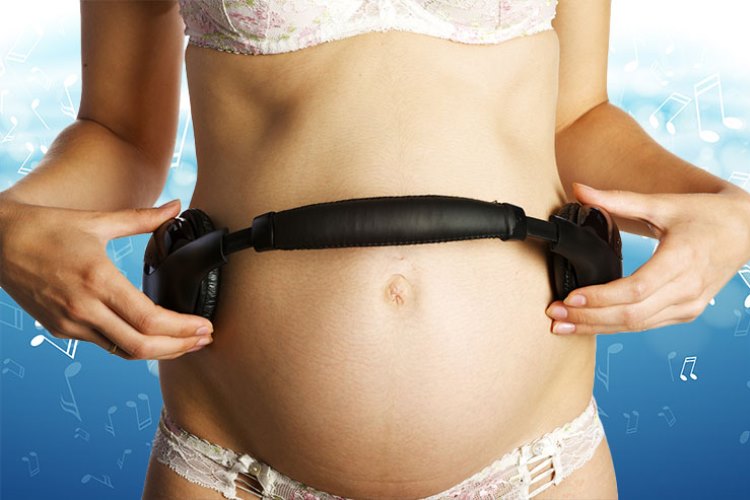
Headphones for Pregnant Belly - Pixie Tunes #1 Award Winning Baby Bump Headphones & Pregnancy Speakers


